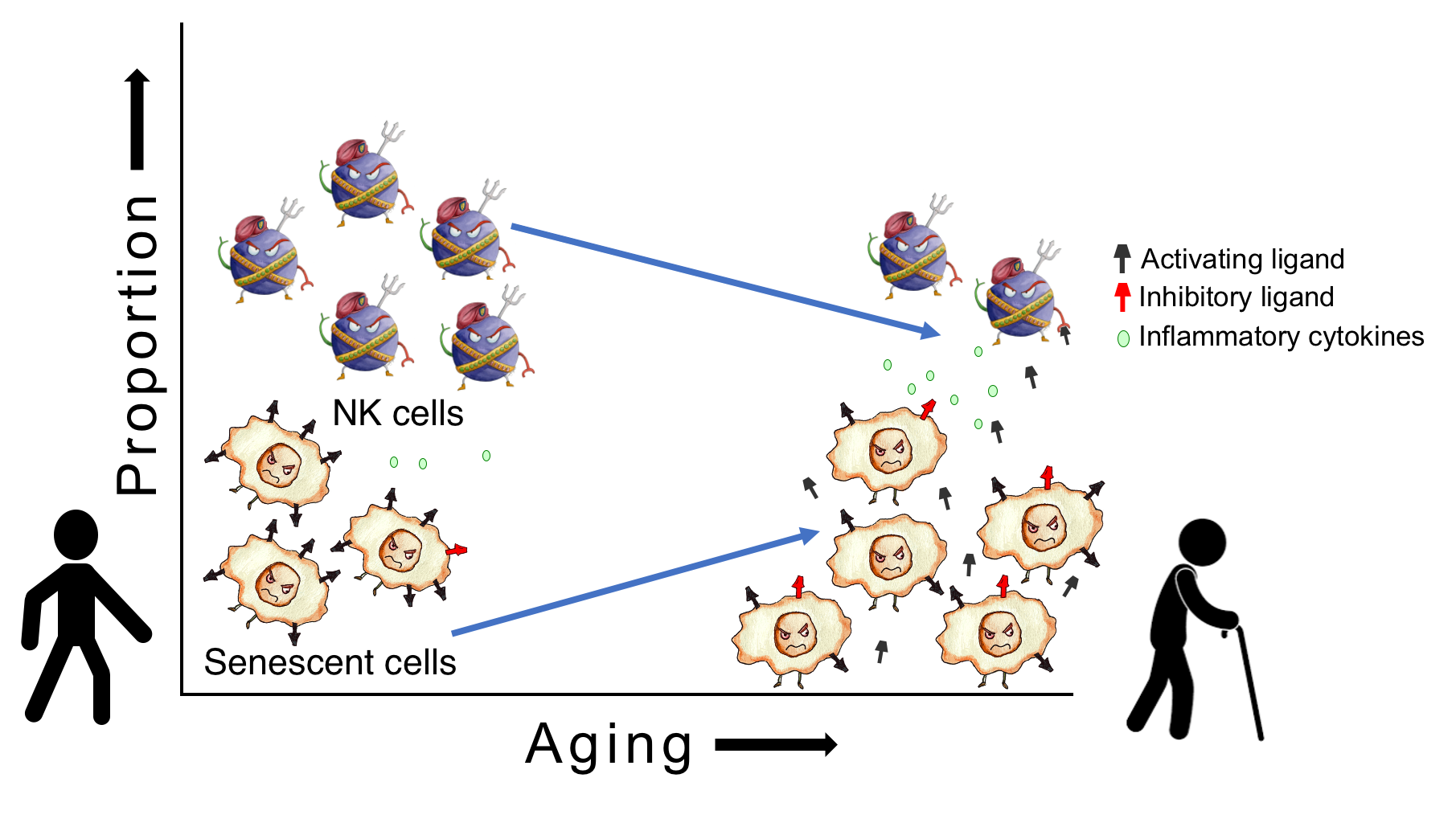A message from Herbie Hancock
Act Now to Help Us Buy Time... In Time!
If you’ve put charitable money into a donor-advised fund (DAF), you know that a key advantage of these funds is that they let you put charitable money aside when you have a jump in earnings, and watch for the best time and project to invest your money. We’re here to tell you that now is that time!
#HalfMyDAF is an initiative of tech executives (and DAF holders) David and Jennifer Risher, who noticed that a lot of DAF money had been sitting idle for many years, and set out to use their DAF accounts to motivate other DAF donors to put their escrowed monies to work immediately, in these challenging times.
#HalfMyDAF is a matching-grant competition: DAF holders make a donation to the cause they value most, register their donation with the website, and thereby buy a “ticket” for the competition.* Then, over the course of the competition, about 300 registered DAF donors will be randomly selected to have their donation doubled via a #HalfMyDAF matching grant of up to $25,000!
We want SENS Research Foundation to be your #HalfMyDAF cause. And now is an especially good time for this competition to fall. Pandemic or no pandemic, degenerative aging relentlessly damages our bodies and those of our loved ones. But the terrible and selective toll of COVID-19 on older people has put the crippling effects of the aging process into stark relief, even for many who normally avoid thinking about aging or dreaming that something could be done about it.
COVID-19 mercilessly targets the vulnerabilities of the aging body. The disease exploits the waning power of the immune system to keep the virus from establishing a foothold and eliminate the infection if it starts. It continues on to ravage the aging body’s structural weaknesses (so-called “comorbidities”), lack of resilience, and loss of metabolic flexibility. Rejuvenating the body can not only thwart the chronic diseases that are driven by degenerative aging – it is the ultimate defense against future plagues as well.
So evidence to date suggests that rejuvenation biotechnologies targeting senescent cells can both protect the body against SARS-CoV-2 infection, and restore the youthful resilience of the body’s organs and tissues against COVID-19 if the virus takes hold. While most research to date has focused on senolytic drugs, our team at SENS Research Foundation are now working to restore and augment the aging immune system’s ability to eliminate senescent cells more physiologically. Natural killer cells (NK cells) are the main cell type involved in recognizing and extirpating senescent cells from our bodies. Dr. Amit Sharma and Elena Fulton have collected preliminary data at our Research Center showing that the proportion of NK cells that exhibit markers of strong cell-killing ability declines sharply with age. To confirm this preliminary finding, they will look for an age-related reduction in NK cells’ ability to kill senescent cells, using NK cells freshly isolated from young adult, middle-aged, and older people. They will run parallel tests on NK cells from the spleens of young (6 months) and old (24 months) mice.

Schematic: the age-dependent accumulation of senescent cells is in part due to impaired clearance of senescent cells by NK cells with age. Evidence suggests two factors are involved.
First, the fraction of NK cells with highly potent cell-killing function declines with age. Second, over time senescent cells lose the ligands that activate NK cells’ killing function, and begin to express ligands that signal to the NK cells that they are normal cells and should be left alone.
Developing interventions that target these two problems will allow us to enhance and rejuvenate our intrinsic senescent cell-killing ability, mitigating aging and age-associated diseases.
Moving from basic research to anti-aging intervention, the team is developing strategies to enhance senescent-cell-killing ability in old NK cells. They will test rejuvenation strategies including adoptive transfer of young human and mouse NK cells into aging mice, and agents that strip away the protective shielding that senescent cells throw up to defend themselves against NK cells. If transferring young NK cells works as a proof of concept, the team will move forward by adapting CAR-NK cell technology — a cutting-edge immune transfer biotechnology that is currently promising to revolutionize immunotherapy for some cancers at MD Anderson and elsewhere — to instead selectively target senescent cells.
By restoring and augmenting the body’s youthful ability to purge itself of dysfunctional senescent cells, these cells can be targeted without incurring the side-effects of destroying senescent cells when they’re playing their useful physiological roles in wound healing and regeneration, or the other potential toxicities of senolytic drugs (such as dangerous hits on platelets with Navitoclax).
So there is a double incentive to open up the funds locked up in your DAF today: the potential to double your donation via the #HalfMyDAF challenge, and the urgent object lesson of a global pandemic, which shows the potential of our research to make a difference against this or future plagues that will seek us out mercilessly if we continue to age as usual.
We urge you to visit #HalfMyDAF today and make your pledge in support of SENS Research Foundation and the future of rejuvenation biotechnology. Don’t have a DAF, or have only just recently set one up? This project still needs your support and you can donate to us HERE!



